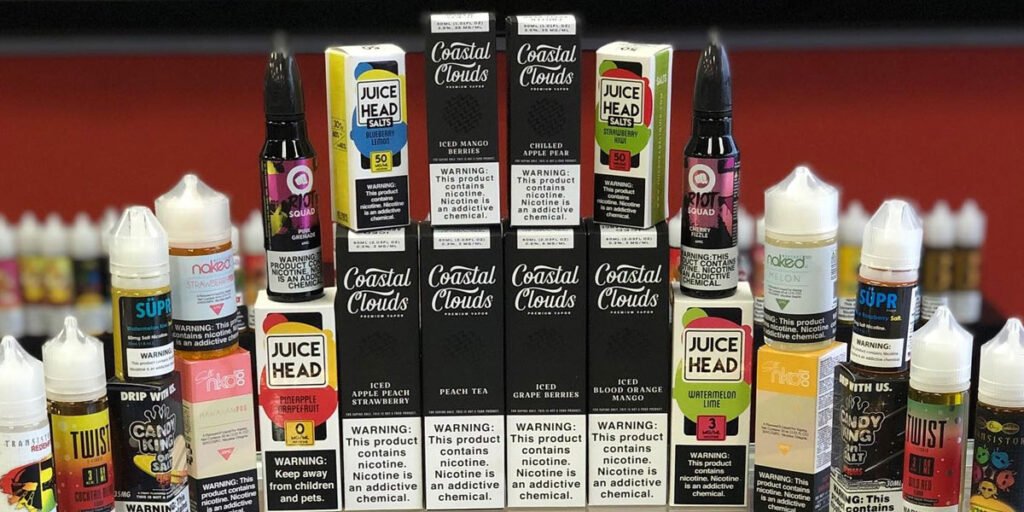
Governor Kay Ivey signed HB445 on Wednesday, introducing new regulations for consumable hemp products in Alabama.
This law specifically addresses products containing THC derived from hemp, including Delta-8 and Delta-10. It bans any smokeable forms of these products and imposes stringent rules about testing, packaging, licensing, and age limits.
Beginning January 1, 2026, all consumable hemp products sold in the state will need to be independently tested in labs and must clearly indicate the THC content on their labels. Additionally, sales to individuals under 21 are prohibited, and online sales and direct shipping will not be allowed.
Retailers will need to obtain licenses from the Alcoholic Beverage Control Board and could face steep penalties for non-compliance.
State legislator Andy Whitt (R-Harvest) sponsored this law, which has drawn mixed reactions—some applauding it for enhancing public safety, while others worry about the impact on small businesses selling THC-infused edibles and beverages.
Supporters argue that the law is essential for regulating a rapidly growing market that has its share of challenges, whereas some business owners fear it could hurt their operations.
The law imposes a blanket ban on smokable hemp products like cigarettes, cigars, joints, and buds. Retail sales will only be allowed for those over 21, and retailers will typically need to operate from a licensed facility that restricts access to adults. While retail food stores can sell hemp-infused beverages, those products must be kept away from areas where children can access them.
All retail sales of these products will incur a 10% excise tax, with the state receiving 90% of this revenue and 10% allocated to local governments for enforcement purposes. Furthermore, the law prohibits products with psychoactive cannabinoids that are chemically converted.
Penalties for non-compliance could reach up to $10,000 in fines, and selling to minors or operating without a license could lead to suspension or revocation of that license. The ABC Board will have the authority to manage licensing and may seize and destroy illegal hemp products.
HB445 will revoke earlier regulations surrounding the sale of psychoactive cannabinoids and establish a Consumable Hemp Product Compliance Fund to facilitate enforcement.
This law is set to fully take effect on July 1, 2025, and in January 2026.







